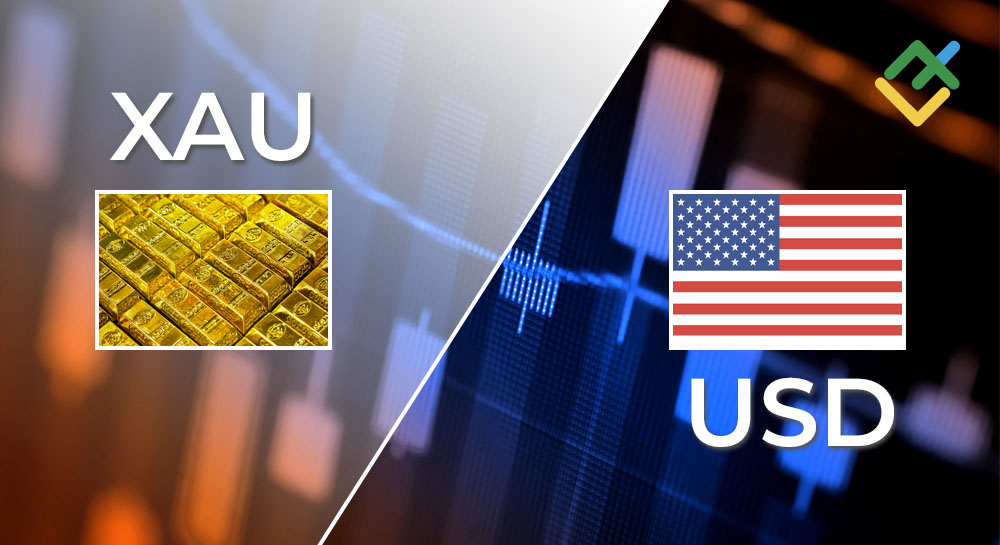ENS Labs, the organization responsible for the Ethereum Name
Service (ENS), has announced integration with PayPal and Venmo. This move
allows users of these popular payment platforms to utilize their ENS names when
transferring cryptocurrency.
The feature, available initially in the United
States, simplifies the process of managing wallet addresses and helps reduce
the likelihood of errors during transactions.
PayPal, Venmo Integrate ENS

Previously, users had to manually enter or scan external
wallet addresses to transfer funds on PayPal and Venmo, which increased the
risk of mistakes, especially for those unfamiliar with cryptocurrency.
The
integration of ENS names eliminates this step. Users can now enter the
recipient’s ENS name in the search field, and the associated wallet address is
automatically recognized by the platform.
“We are excited to bring ENS’ naming capabilities directly
into the hands of millions of users, through Venmo, PayPal Mobile, and PayPal
Web,” said Khori Whittaker, Executive Director of ENS Labs.
“As the world of digital assets becomes more mainstream, our
goal is to ensure managing those assets is as intuitive and user-friendly as
possible. ENS, much like PayPal and Venmo, transforms complex wallet addresses
to human-readable names for users to transact securely and confidently.”
ENS Names Saved Automatically

Additionally, PayPal and Venmo will save ENS names in their
address books, making future transactions easier to manage. This feature
extends the platforms’ existing ability to handle internal crypto transactions,
adding the convenience of recalling saved external contacts for cryptocurrency
transfers.
“Working with PayPal and Venmo allows us to reach those who
are new to the space and those who prefer the familiarity of Web2 payment
platforms,” said Marta Cura, Director of Business Development at ENS Labs.
“By bringing ENS to platforms they already know and trust,
we’re making it easier for them to interact with decentralized finance within a
traditional Web2 environment.”
ENS Labs, the organization responsible for the Ethereum Name
Service (ENS), has announced integration with PayPal and Venmo. This move
allows users of these popular payment platforms to utilize their ENS names when
transferring cryptocurrency.
The feature, available initially in the United
States, simplifies the process of managing wallet addresses and helps reduce
the likelihood of errors during transactions.
PayPal, Venmo Integrate ENS

Previously, users had to manually enter or scan external
wallet addresses to transfer funds on PayPal and Venmo, which increased the
risk of mistakes, especially for those unfamiliar with cryptocurrency.
The
integration of ENS names eliminates this step. Users can now enter the
recipient’s ENS name in the search field, and the associated wallet address is
automatically recognized by the platform.
“We are excited to bring ENS’ naming capabilities directly
into the hands of millions of users, through Venmo, PayPal Mobile, and PayPal
Web,” said Khori Whittaker, Executive Director of ENS Labs.
“As the world of digital assets becomes more mainstream, our
goal is to ensure managing those assets is as intuitive and user-friendly as
possible. ENS, much like PayPal and Venmo, transforms complex wallet addresses
to human-readable names for users to transact securely and confidently.”
ENS Names Saved Automatically

Additionally, PayPal and Venmo will save ENS names in their
address books, making future transactions easier to manage. This feature
extends the platforms’ existing ability to handle internal crypto transactions,
adding the convenience of recalling saved external contacts for cryptocurrency
transfers.
“Working with PayPal and Venmo allows us to reach those who
are new to the space and those who prefer the familiarity of Web2 payment
platforms,” said Marta Cura, Director of Business Development at ENS Labs.
“By bringing ENS to platforms they already know and trust,
we’re making it easier for them to interact with decentralized finance within a
traditional Web2 environment.”
This post is originally published on FINANCEMAGNATES.

